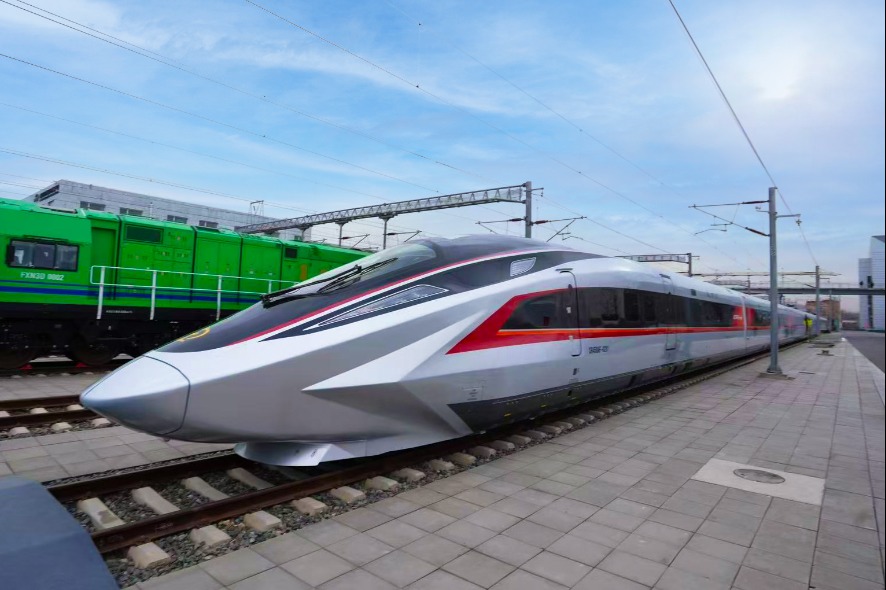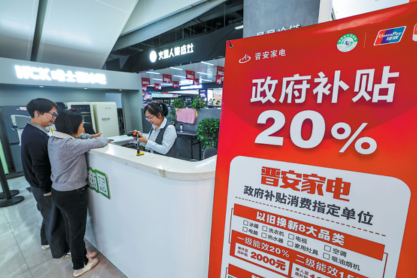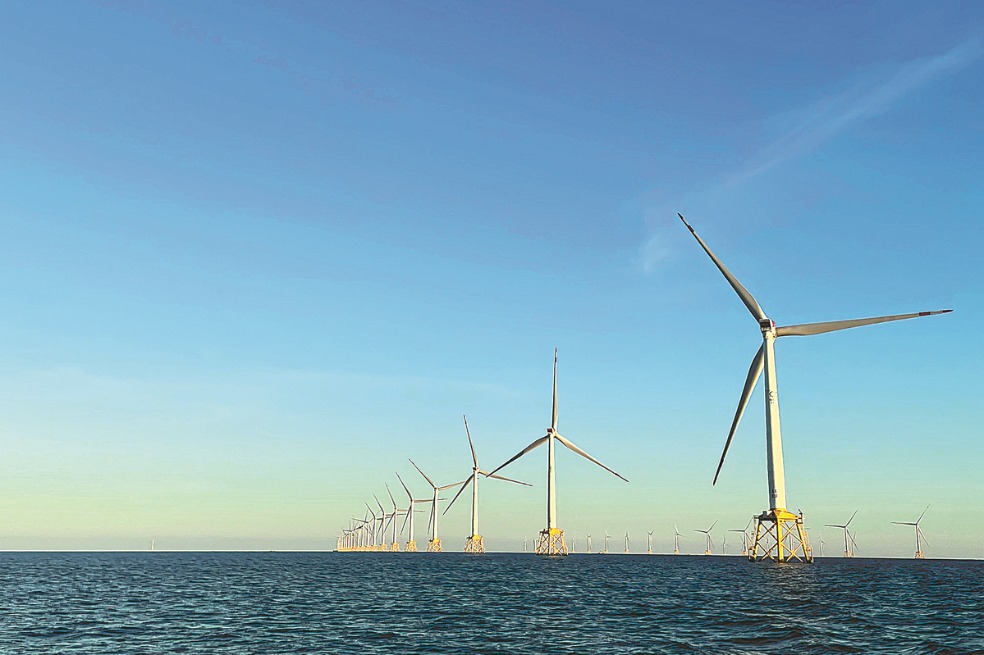Japan's defense paper at odds with reality: China Daily editorial

As has become the norm, Japan's latest defense white paper points an accusing finger at surrounding countries, including China, for creating security concerns.
The document, which was approved by Japan's Cabinet on Tuesday, justifies Japan's expansion and strengthening of its Self-Defense Forces by citing the Democratic People's Republic of Korea, China and Russia as security threats.
However, this merely shows that despite its tentative steps toward an independent foreign policy, it is still reluctant to emerge from under the protective arm of the United States.
As the Shinzo Abe administration knows, it is the provocative moves by the Donald Trump administration that have been setting the region on edge. And rather than it being China's assertive actions that threaten the status quo, as the document claims — alluding to China's island building activities in the South China Sea — it is Japan that has done that by nationalizing some of the Diaoyu Islands that China claims sovereignty of in the East China Sea.
To maintain the dominance of the US Asia-Pacific alliance system and thus Japan's place in the regional order, the Abe administration has sought to strengthen Japan-US cooperation since it came into office. And it has repeatedly demonstrated its willingness to dance to Washington's tune.
However, since it took office, the Trump administration has continually reinforced the fact that the alliance system is for the US' own ends. It has repeatedly rebuffed Abe's attempts to forge a special relationship and make Japan an exception to Trump's "America first" trade policies.
As a result, Tokyo has recently been seeking a rapprochement with Beijing, realizing that they can be good neighbors and that as a staunch supporter of free trade and advocate of fairer global governance, China is promoting regional development from which Japan too will benefit.
However, with Japan's latest defense white paper still finding fault with China's defense budget, military modernization and the normal operation of its sea and air forces, it has cast doubt over Tokyo's sincerity in seeking to improve ties with Beijing.
Wisdom in action comes from knowing the true cause of one's troubles. Instead of casting aspersions on others, Tokyo should reflect on its own policies as it is these that are the fundamental cause of its angst.
Instead of trying to make its neighbors wear caps that don't fit, Tokyo should reflect on its own military ambitions and foreign policies which are major factors disturbing regional peace and stability.
The Abe administration should take the initiative and do more to deepen trust with China and other countries in the region, instead of continually looking across the Pacific for a lead.
Today's Top News
- China unveils 450 km/h high-speed train prototype
- Most aboard crashed S. Korean airplane believed killed
- Chinese table tennis stars Fan and Chen quit world rankings
- Chinese, Iranian FMs hold talks in Beijing
- China takes countermeasures against US military companies
- China to see stable growth in coming years






























